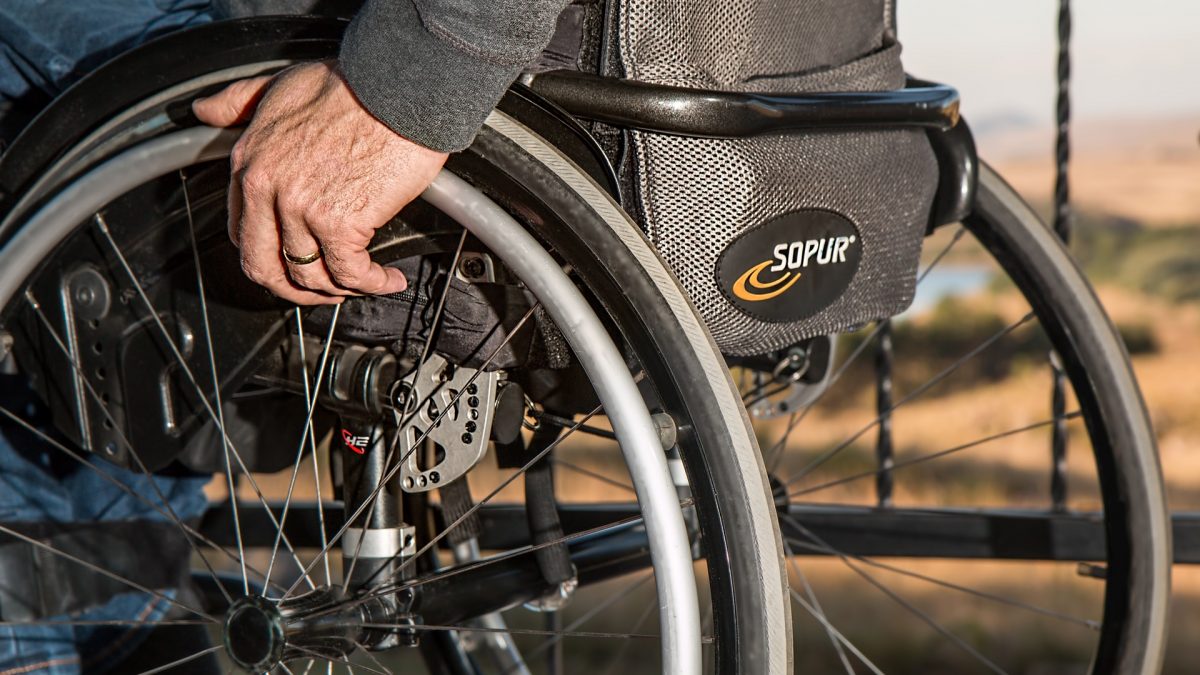
Apply anyway!
January 25, 2021
What Legal Professionals Should Know About Handling Elder Abuse and Neglect Claims
January 28, 2021Total and Permanent Disability (TPD) is a component of all superannuation plans available to Australian workers and company owners. It’s considered one of the vital insurance elements that are obligated to be a component of the superannuation contract. It involves people experiencing a total or permanent disability, which loses their capacity to work and earn. TPD claims are usually a long and challenging process, and if you are thinking of getting a TPD claim, you should understand what you need to make this claim a success.
TPD Claim Coverage
By default, most super funds are compelled to implement a level of TPD insurance cover for their clients to claim against. TPD claim is generally defined as insurance that gives out a lump sum to benefit you if you become permanently disabled, making you unable to do work. Several insurers have their particular representations of what they conclude as a TPD claim. If you are thinking of proceeding with this claim, it is ideal to consult the best TPD Claim Lawyers with guaranteed expertise in this field. Every policy is different depending on your level of the case, and you could conceivably secure a claim under the following outlines:
- If you are incapable of working in your profession
- If you are incapable of working in any other occupation, you are agreed by education, training, or experience.
- Living expenses or non-working, which is separate from other claims of income/occupation losses and concentrates on your capacity to engage any ordinary day-to-day responsibilities, like sanitation, personal hygiene, etc. It is not always included by standard insurance policies and is normally an added formation that you will want to inquire about before accepting that specific policy.
- You will want to read thoroughly in any life insurance policy to understand what is and isn’t covered in your policy.
The Difference Of ‘Unable to Work in Your own Occupation Job’ Or ‘Any Job’
Usually, a standard policy insure one or the other, but not both. “Own occupation” coverage signifies that you are able to claim TPD insurance if the damage stops you from working or executing the functions of your own profession, which displays a particular skill set.
Now, if you are qualified for ‘any job,’ it implies that you are required to prove not only that you are incapable of working in your business, but you are also incompetent to accomplish in any other kind of work or business. It always depends on your injuries’ level and nature, whether you meet this definition or not. Suppose your injury limits you from accomplishing within your industry but does not hinder you from working in a different trade. In that state, do not expect to have a successful TPD claim without the “any job” cover, knowing that you may still be fit working in other kinds of professions.
Learn How To Successfully Claim Your TPD Benefits
If you are knowledgeable about your policy needs, it is of the highest value for a strong TPD claim. It would be best if you are also clear about the definition under which your policy comes, so there will be no setbacks after you claim. Giving you meet the conditions required in the policy you hold with your superannuation fund, you can make a TPD claim. It usually includes proof that you are incapable of working. The terms established by the various insurers normally differ significantly.
A successful claim should take about two to three months if the process runs smoothly and from the point where all appropriate and essential documentation has been presented to the insurer. But if the insurance company has to wait for more important documents to be settled, then expect that the process will take longer. Another method to evade delays on a resolution is to ensure to avoid errors while processing TPD claims. If all needed paperwork is presented from the start, and all forms are correctly filled out, then you should have a conclusion by the three-month mark at the most. You can see more about TPD claims and how to cover yourself in this article by Curo.





